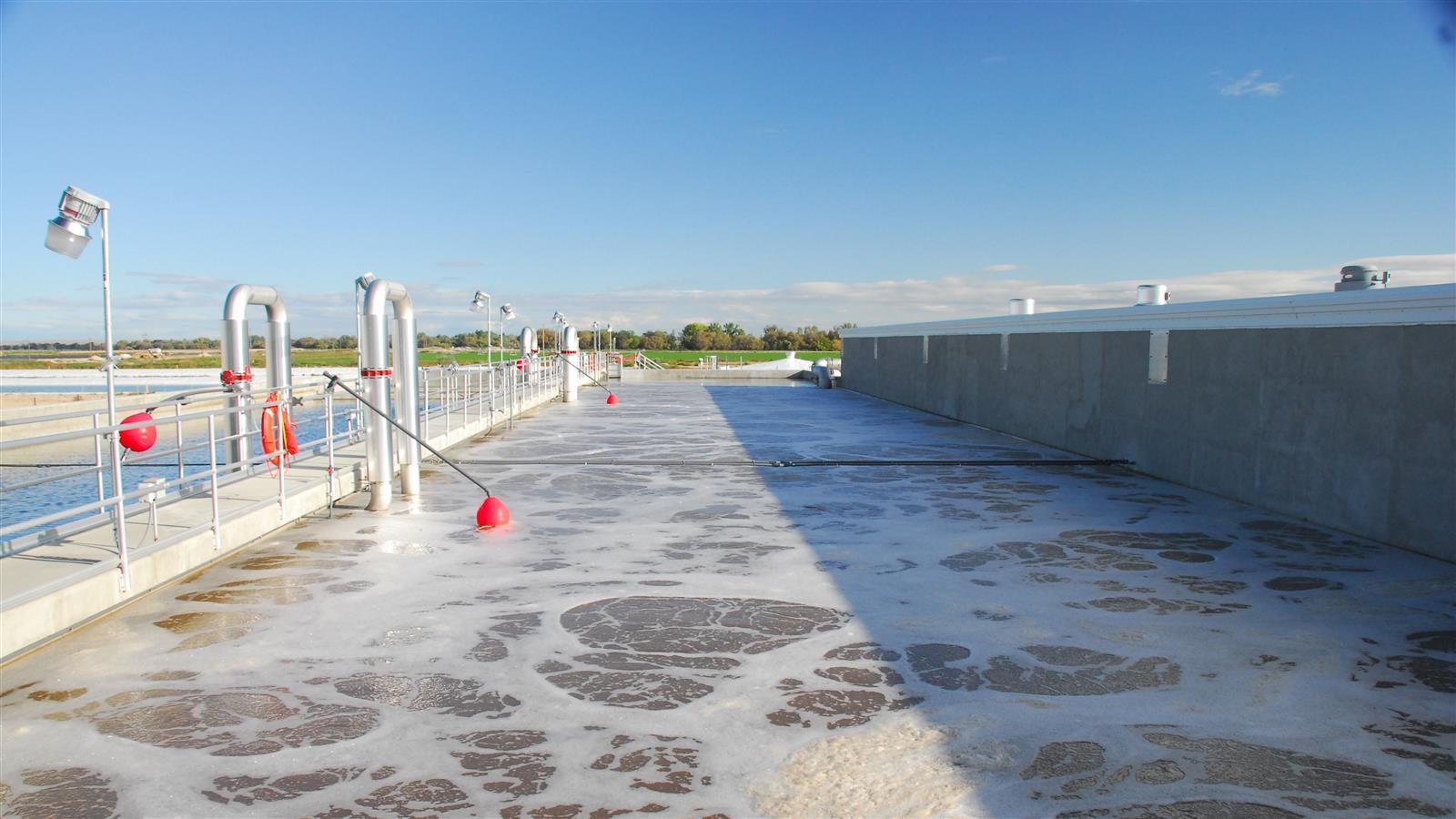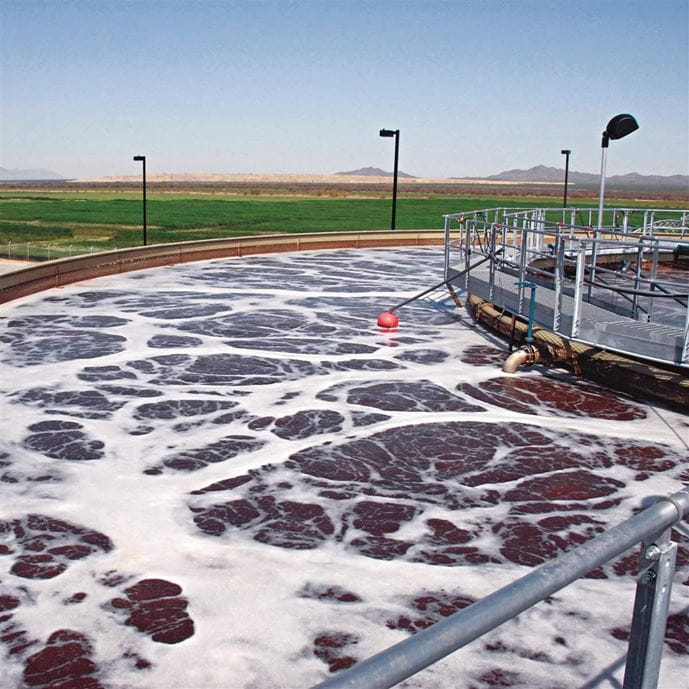Meeting Zero Liquid Discharge Goals at Simplot Potato Plant
Demand is trending upward for one of the world’s largest producers of potato products. The J.R. Simplot Company (Simplot) has seen steady growth in its French fry and potato product business in recent years. To meet that growth and increase efficiency, Simplot expanded by building a new, large production facility in Caldwell, Idaho. Inspired by its core values of respect for resources, spirit of innovation and passion for people, the company set ambitious zero discharge water management objectives for the new facility. Simplot then enlisted CDM Smith to design and build a process water treatment system that would accomplish the company’s goals of discharging no water to local streams or city sewers and producing treated return water suitable for reuse in the food production process.
CDM Smith pulled together an integrated team of engineering and construction professionals, subcontractors and vendors and delivered an innovative, first-of-its-kind process water treatment and return plant (PWTRP) for Simplot within an aggressive one-year schedule. Using design-build contracting and delivery, CDM Smith and Simplot were able to collaborate at each phase of the project to achieve process quality, cost and schedule goals. For instance, smart site design early on allowed for common-wall construction, minimizing piping throughout the PWTRP, reducing operating and capital costs, and decreasing the plant’s overall footprint. Similarly, design-build enabled the project to be delivered on budget and the PWTRP to be operational before the new production facility went online.
The PWTRP met Simplot’s challenging water management objectives through an innovative treatment system that reduces dependence on groundwater supplies, maintains land application and hydraulic crop requirements, and advances the company’s mission of sustainability. Treatment technologies incorporated in the PWTRP include primary clarification, anaerobic fermentation, enhanced biological nutrient removal for nitrogen and phosphorus (without the use of chemicals), and activated sludge with membrane bioreactors (MBR) followed by reverse osmosis (RO) and chlorine disinfection.
Al Goodman, industrial water expert and project team leader, sat down to reflect on this career-making project, which was successful thanks to design-build collaboration and legendary client service.
An average of 2.3 million gallons per day (mgd) of high-strength potato processing wastewater is treated at the facility, with capacity to treat up to 3.2 mgd. By reclaiming and returning approximately 1.7 mgd of water, Simplot has significantly decreased its potable water supply needs. Even more important, this reclaimed water is treated as equivalent to Environmental Protection Agency drinking water standards prior to reuse. Up to 320,000 gallons of brine reject from the RO system can be evaporated each day using innovative spray evaporation technology with a minimal footprint.
This advanced system uses spray equipment and 17 years of weather data to predict evaporation rates and disposes of brine flows within 24 acres of lined lagoons. All remaining effluent is used for irrigation of forage crops. All potato wastes and solids, including the waste biological solids, are dewatered and disposed as animal feed. One hundred percent of the facility’s water is either treated and reused for irrigation or evaporated on-site to the atmosphere, demonstrating Simplot’s commitment to environmental and social responsibility.
The project’s completion marks Simplot’s designation as the largest food processor successfully returning treated process water equivalent to EPA drinking water standards in the United States. And due to its successful execution and collaborative partnership, Simplot’s PWTRP was named the national Industrial Project of the Year by the WateReuse Association. The facility was later honored as Food Processing magazine's Green Plant of the Year.

Simplot's zero liquid discharge facility is a flagship project that raises the bar for water reuse in the food industry.














